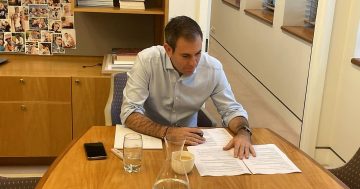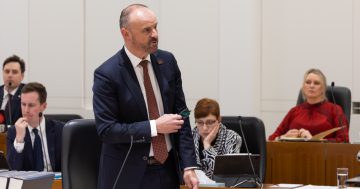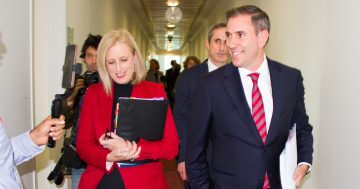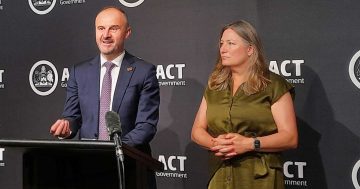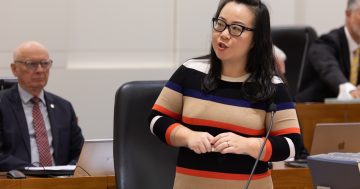
In delivering the Abbott Government’s first federal budget Mr Hockey said that we are a nation of lifters, not leaners. Sadly though, this budget leans on the poor to lift the rich.
The load has not been evenly spread, with a thin tissue of alleged burden on high-income earners and big business while students, the unemployed, those on welfare, the sick, the ageing and the vulnerable take the big hits.
Professor Peter Whiteford from the ANU Crawford School of Public Policy analysed the federal budget’s impact on households. He found that young, unemployed Australians will be hardest hit, losing up to 18% of their disposable income, and unemployed single parents are next, losing up to 12%.
This is in stark contrast to the impact of the Deficit Levy applied to those individuals on three times the average wage who will lose less than 1% of their disposable income.
There is a clear imbalance here that cannot be ignored. Professor Whiteford applies the standard definitions of progressive, regressive or distributionally neutral, to the budget changes based on their relative impact on high and low income groups.
A change is regressive if it reduces the incomes of lower income groups by a higher percentage than for high income groups. By definition, we have a regressive budget.
There is no plan for new jobs, just a tunnel vision for motorways and stranded fossil fuel assets that will be worthless to our economy within decades.
The attack on the heart of Medicare – a mainstay of our modern and caring society – by removing free universal access to quality health care is a disaster for those on low incomes and a disaster for the health of our nation.
The Budget is a stay of execution to the majority of the nation’s housing and homelessness providers for at least a year, but has created uncertainty within the sector with a number of Federal housing agreements only extended for 12 months. Now more than ever the sector and the ACT Government will need to work together to prepare and engage with federal policy directions to ensure the ACT does not lose out further in coming years.
The budget cuts $15 million from legal aid over the next four years; on top of the mid-year budget update which already cut $43.1 million over four years to ”Legal Policy Reform and Advocacy Funding”.
This hurts the most vulnerable people in our society. Legal representation will become even more unattainable, forcing those experiencing disadvantage to represent themselves without assistance.
This is complemented by cuts to the Environmental Defenders Offices (EDO), putting them at risk of closure, especially smaller offices like the ACT. The EDO takes on cases for environmental matters, but also ensures Canberrans can receive legal advice on issues such as cultural heritage, tree protection, planning and air quality.
The Federal Government has also cut funding for the Human Rights Commission. Not surprisingly, it cut the number of human rights commissioners, who help educate Australians on human rights and hear complaints on issues such as racial discrimination and vilification. This comes while George Brandis declares that people have a right to be bigots, and moves to repeal long held racial vilification protection laws.
Not only has the Abbott Government’s first budget hit hard at some of the most vulnerable in our community and attacked some vital human services, it confirms that the Abbott Government doesn’t even care to hide the fact that they are opposed to action on climate change.
It’s an embarrassment to see what they are funding in Direct Action, but worse is that they are ripping up the price on carbon – a world leading legislative scheme already in operation.
The Australian Renewable Energy Agency (ARENA) was formed to develop new and emerging technologies and to fund world-leading solar research. ARENA will go from having $1 billion of funds (already contracted) to a pathetically low budget of $15 million for the next two years. Clearly the Federal Government isn’t aspiring to have any kind of smart, modern, diverse renewable energy sector.
In contrast road funding will see more than $80 billion invested in road infrastructure over the next six years. Tony Abbott wants to pave over more green space, pump more carbon into the atmosphere and he wants you to spend more time stuck in gridlock.
This same money could build the entire high speed rail line from Sydney to Melbourne, via Canberra ($50 billion), and still have $30 billion left over for roads.
The High Speed Rail project would create just as many jobs; as well as provide a significant investment in construction, while at the same time creating a new, fast and more environmentally friendly transport system for Australia’s future.
It is clear that this really was a budget that hides from the long-term issues that Australia is facing – global warming and growing inequality. Australia needs better than that.
Shane Rattenbury MLA
ACT Greens Member for Molonglo












